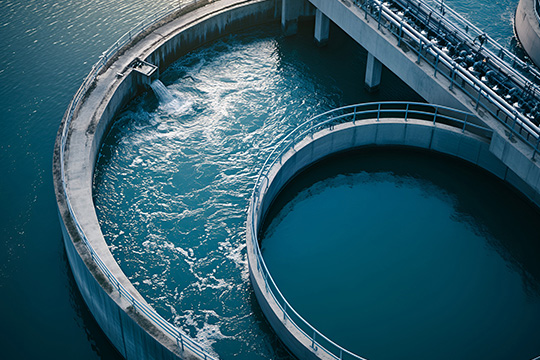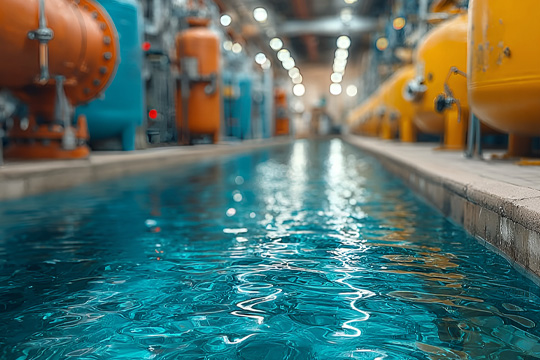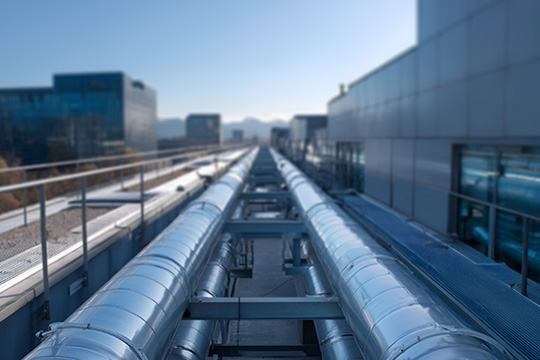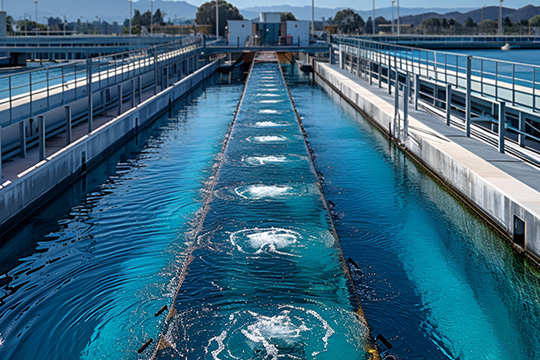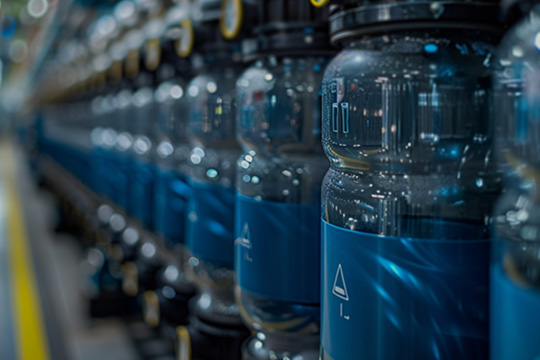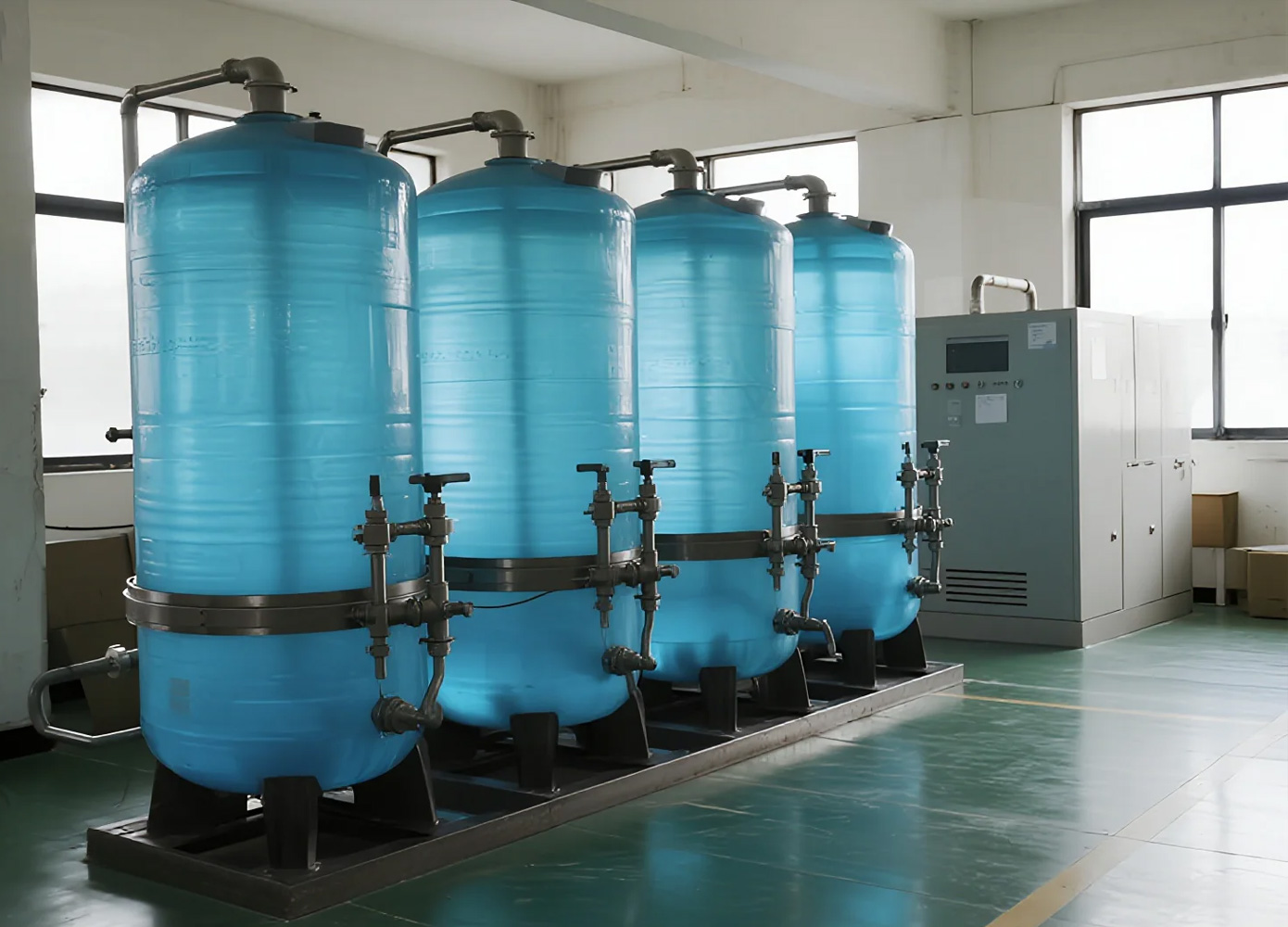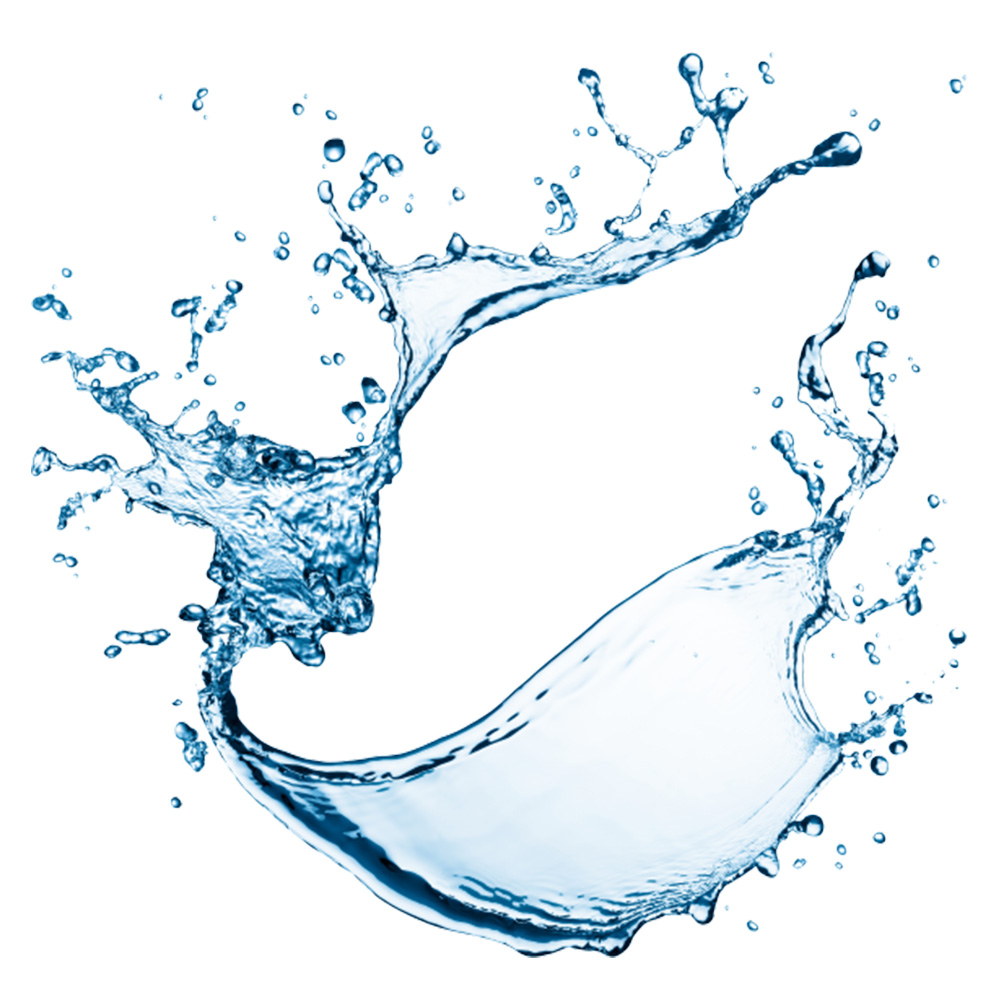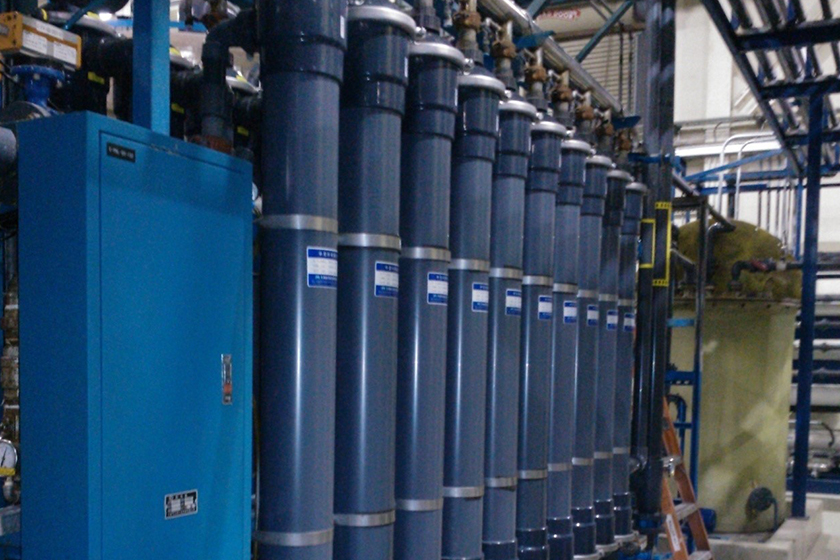Characteristics of industrial pure water
—— "Basic water source" for high-quality manufacturing in all walks of life
Industrial pure water is widely used in many industries such as electricity, chemical, electronics, photovoltaic, medicine, food, machinery, etc., and is an indispensable key medium in the production process. Although its water quality is not as strict as ultrapure water, it still has high requirements for indicators such as conductivity, organic matter, hardness and suspended solids. Once the water quality does not meet the standards, it will directly affect the equipment operation efficiency, product quality and even safety.
Typical characteristics of industrial pure water include:
Strict conductivity requirements: Depending on the industry use, the conductivity of industrial pure water generally needs to be controlled at <10μS/cm, and <1μS/cm may be required in power plant boiler water replenishment, battery manufacturing and other fields.
Almost no hardness and impurities: The concentration of calcium and magnesium ions is close to zero, and the total hardness needs to be controlled at <0.03mmol/L to avoid scaling, corrosion and other problems.
Organic matter and microbial control: TOC is controlled at ≤500ppb, and the number of bacteria is controlled at ≤100CFU/mL, meeting the needs of industrial-grade water quality cleaning.
Strong continuous operation stability of the system: The pure water system needs to support 7×24 hours of continuous water supply and have protection mechanisms such as automatic monitoring and abnormal interlocking to ensure the stability and uninterrupted production line.






